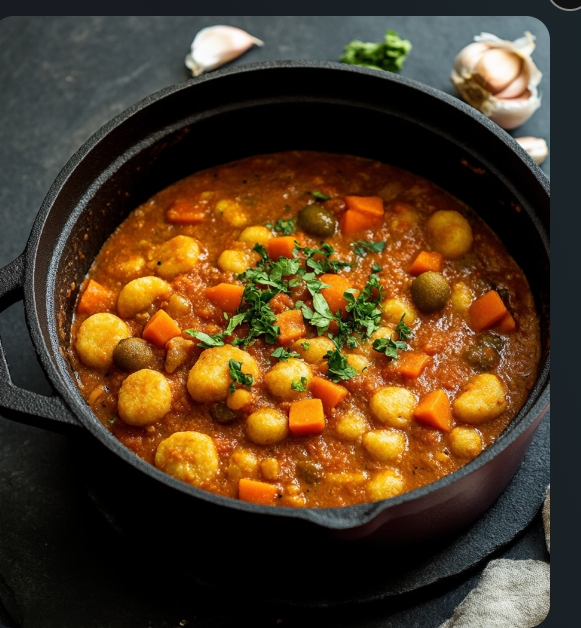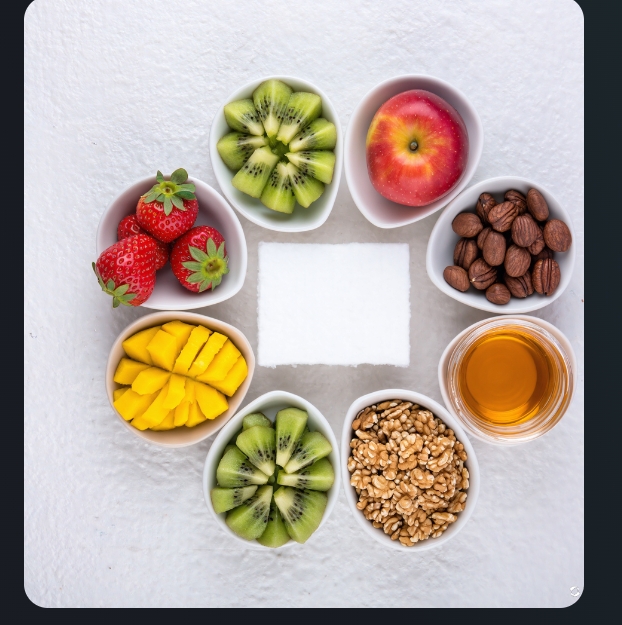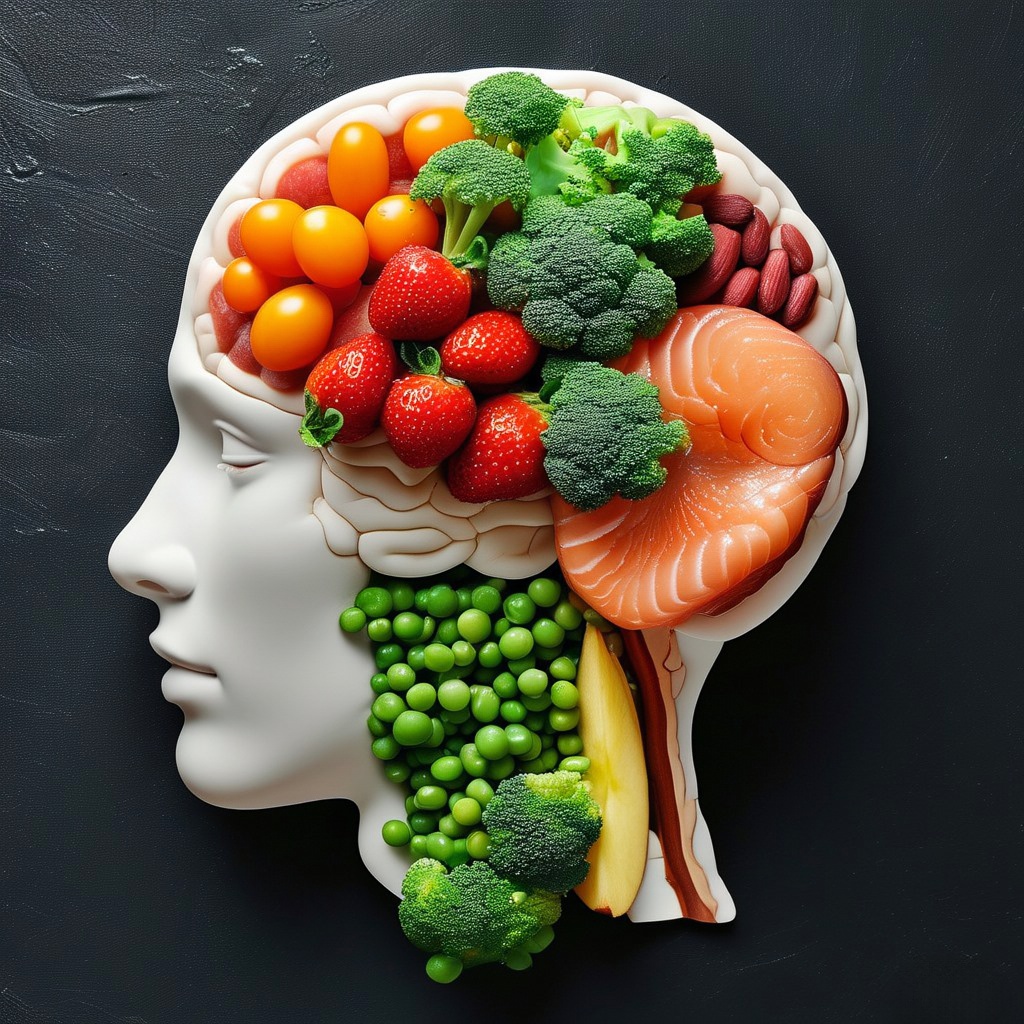

Best Foods for Mental Clarity and Brain Health.
In today’s fast-paced world, maintaining mental clarity and cognitive function is more important than ever. Whether you’re a student, a busy professional, or someone who simply wants to enhance their cognitive performance, your diet can significantly impact your brain health. Consuming the right foods can improve memory, focus, and overall cognitive function. In this blog post, we’ll explore some of the best foods for mental clarity and brain health, backed by scientific evidence.
Understanding Brain Health
Brain health, cognitive function, mental clarity
Brain health refers to the overall well-being and optimal functioning of the brain. Factors such as diet, exercise, sleep, stress management, and social connections all play a crucial role in maintaining brain health. A well-balanced diet rich in nutrients supports brain health by enhancing the growth of new brain cells, improving communication between neurons, and reducing the risk of neurodegenerative diseases.
Several nutrients play vital roles in cognitive function, including:
- Omega-3 Fatty Acids: Essential for maintaining neuronal structure and function.
- Antioxidants: Help combat oxidative stress and inflammation, which can damage brain cells.
- Vitamins: Specific vitamins, like B-complex vitamins and vitamin D, support brain development and functioning.
- Minerals: Nutrients like iron and magnesium are crucial for overall brain health.
To help you incorporate brain-boosting foods into your diet, let’s dive into some of the best options.
1. Fatty Fish
Omega-3 fatty acids, brain foods

Fatty fish such as salmon, trout, sardines, and mackerel are among the best sources of omega-3 fatty acids, essential fats that your body cannot produce on its own. Omega-3s provide numerous benefits for brain health, including:
- Supporting the structural integrity of brain cell membranes.
- Promoting the growth of new brain cells.
- Reducing inflammation.
Consuming fatty fish at least twice a week can improve cognitive function and even lower the risk of Alzheimer’s disease and dementia.
2. Blueberries
Blueberries benefits, antioxidants for brain health

Blueberries are packed with antioxidants, particularly flavonoids, which have been shown to enhance memory and delay brain aging. Studies suggest that these antioxidants combat oxidative stress and inflammation, leading to improved communication between brain cells.
Enjoy blueberries fresh, frozen, or blended into smoothies. They can also be added to oatmeal, yogurt, or salads for a nutrient boost.
3. Turmeric
Turmeric health benefits, curcumin for brain health

Turmeric contains an active compound called curcumin, which has potent anti-inflammatory and antioxidant properties. Research indicates that curcumin can cross the blood-brain barrier and may help to improve memory and stimulate the growth of new brain cells.
Adding turmeric to your dishes not only provides flavor but also offers a golden hue and various health benefits. Incorporate turmeric into your cooking by adding it to soups, stews, curries, and savory dishes, or enjoy a daily cup of golden milk.
4. Broccoli
Broccoli benefits, brain health foods
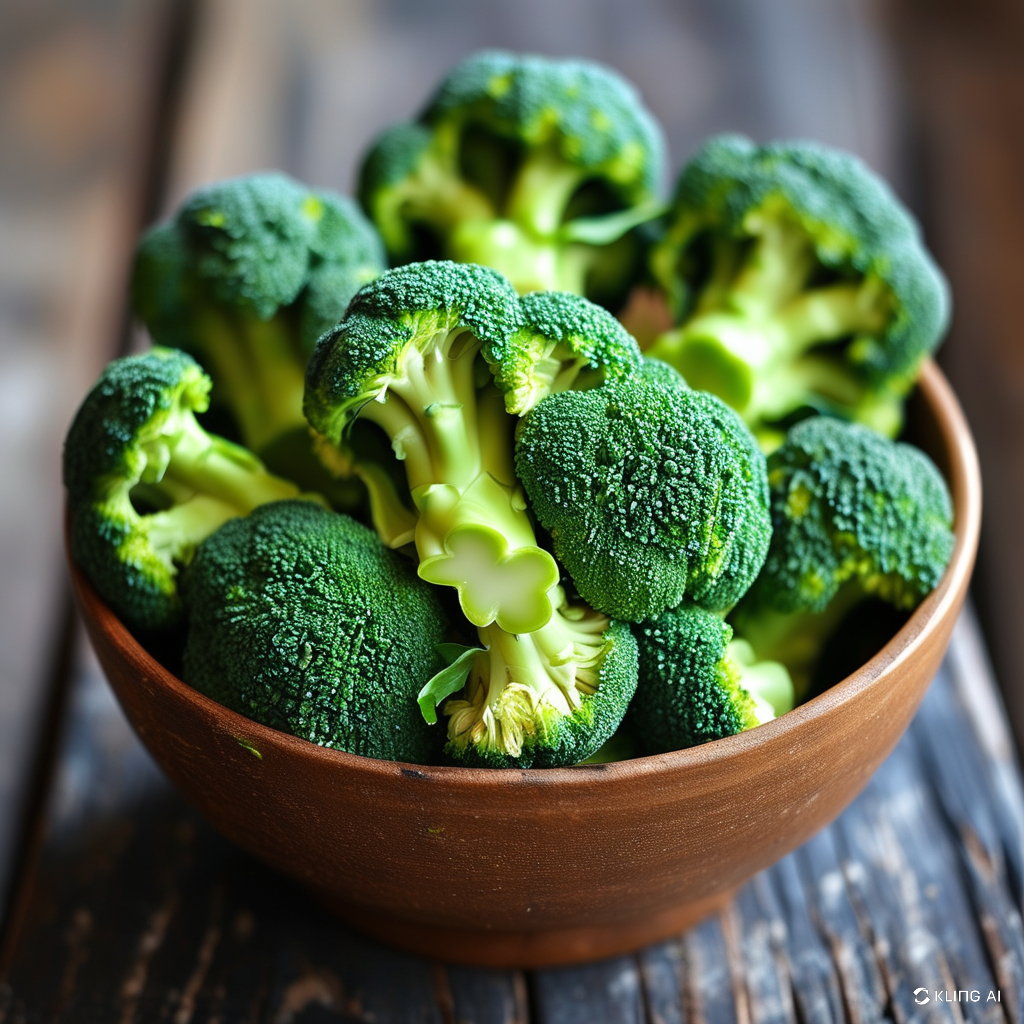
Broccoli is a rich source of antioxidants and essential nutrients, including vitamin K, which plays a crucial role in enhancing cognitive function. Vitamin K is believed to support the formation of sphingolipids, a type of fat that is densely packed into brain cells.
Incorporate broccoli into your meals by steaming, roasting, or adding it to stir-fries. You can also enjoy it raw with dips for a healthy snack.
5. Pumpkin Seeds
Pumpkin seeds nutrition, snacks for brain health
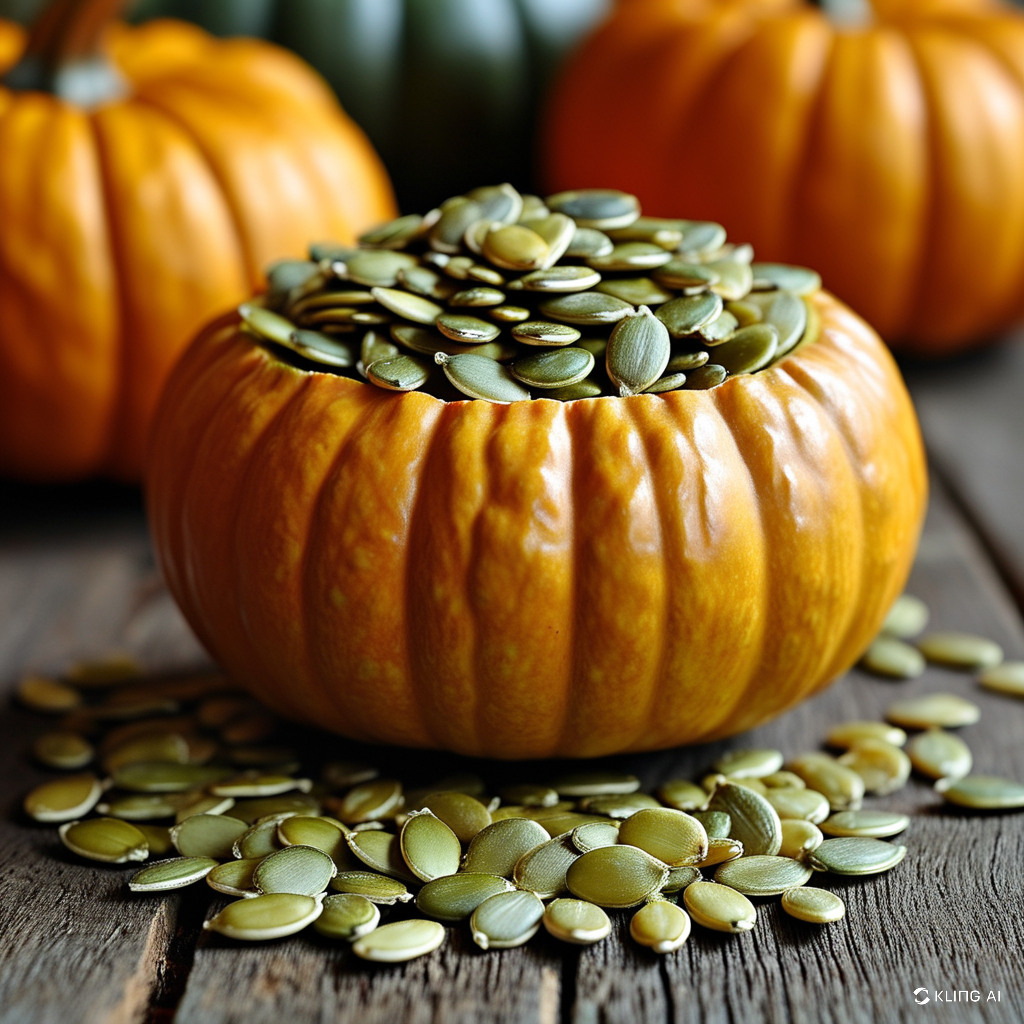
Pumpkin seeds are tiny powerhouses of nutrients. They are rich in antioxidants and contain various nutrients essential for brain health, such as magnesium, iron, zinc, and copper.
These minerals are vital for enhancing memory and cognitive function. Magnesium, for instance, is linked to learning and long-term memory, while zinc is crucial for neurogenesis—the formation of new neurons.
Snack on pumpkin seeds on their own, sprinkle them on salads, or incorporate them into homemade granola for added crunch and nutrition.
6. Dark Chocolate
Dark chocolate benefits, brain-boosting snacks
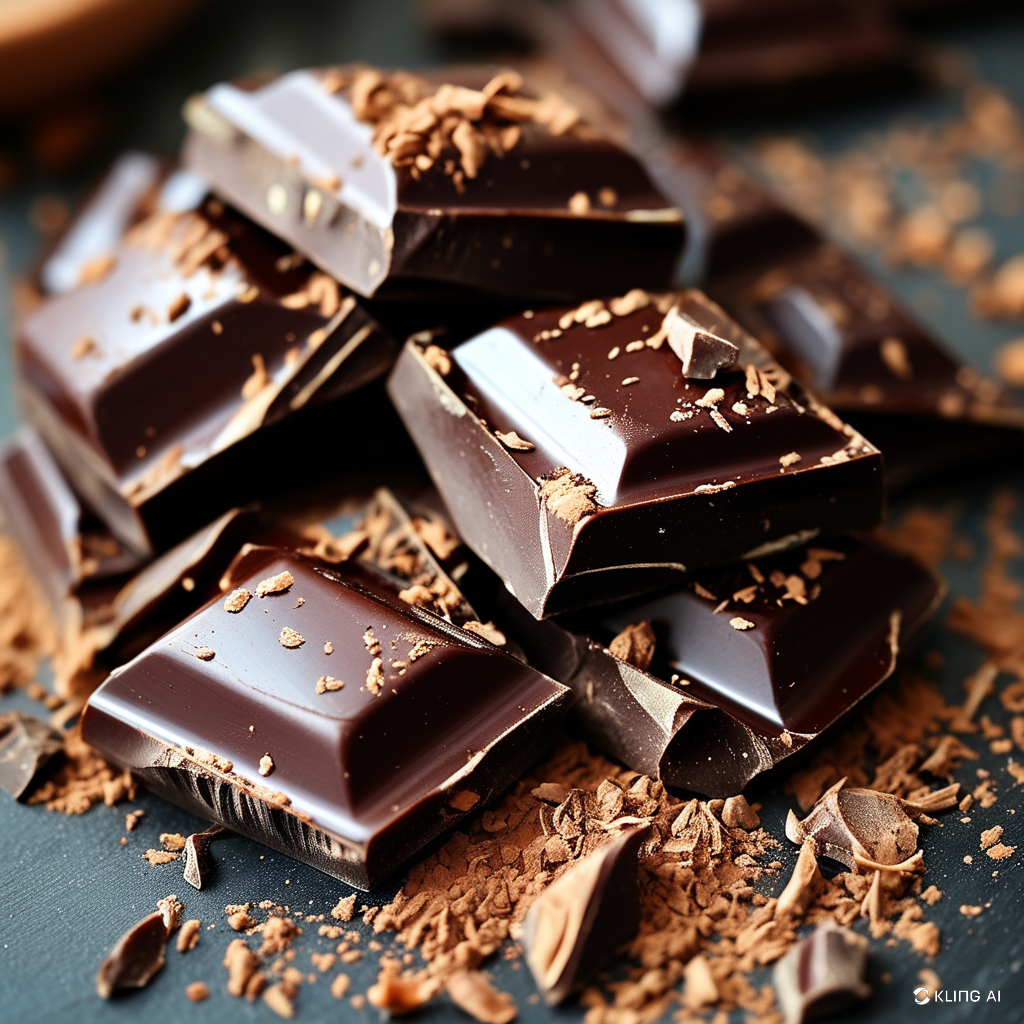
Dark chocolate, particularly varieties with high cocoa content (70% or more), is rich in flavonoids, caffeine, and antioxidants. These compounds are known to improve brain function, enhance mood, and stimulate the formation of new neurons.
Moderation is key; aim for one ounce of dark chocolate per day to reap its benefits. Enjoy dark chocolate on its own, or use it in smoothies, desserts, or baked goods.
7. Nuts
Nuts for brain health, healthy snacks
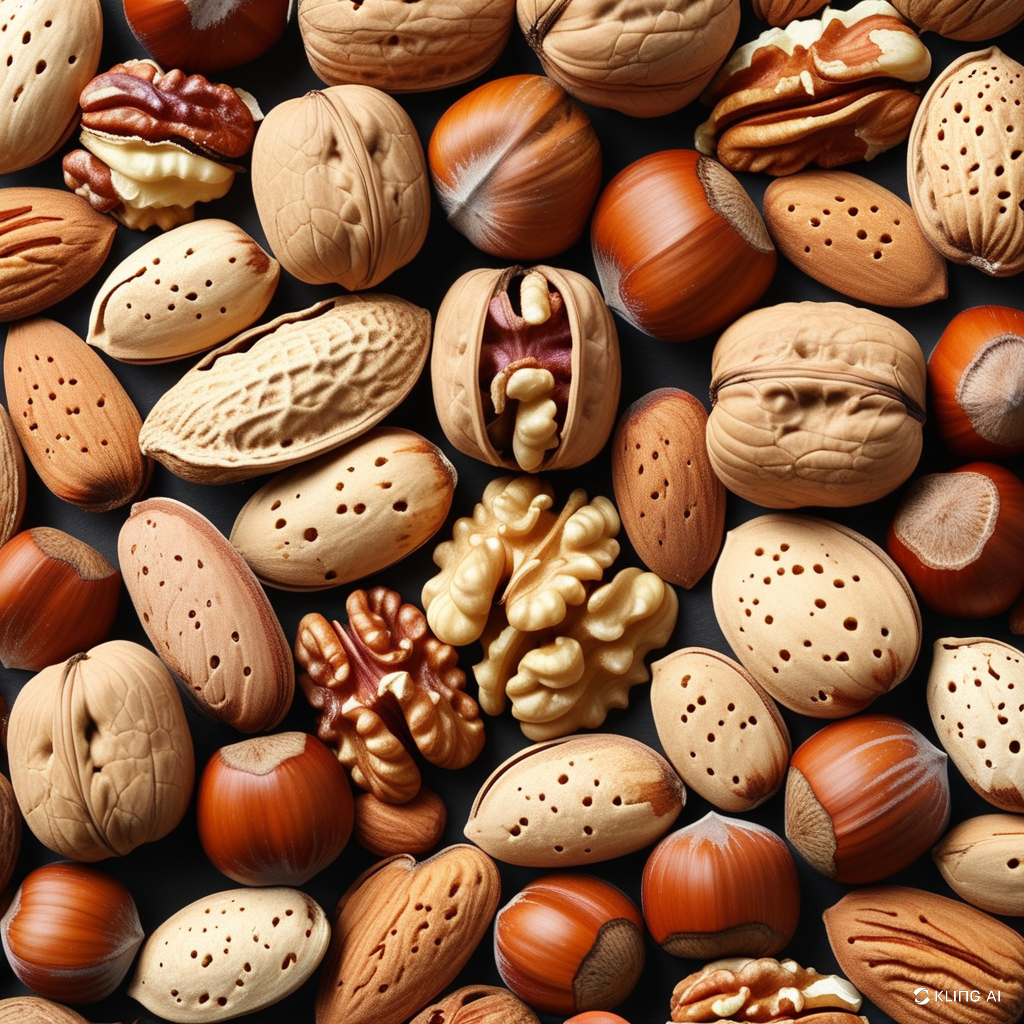
Nuts, particularly walnuts, are renowned for their brain-boosting properties. They are high in healthy fats, antioxidants, and vitamins, particularly vitamin E, which has been linked to reduced cognitive decline.
Research shows that regularly consuming nuts may improve memory and support overall cognitive function. A variety of nuts such as almonds, hazelnuts, and walnuts can be incorporated into your diet in various ways, including:
- Snacking on them raw or roasted.
- Adding them to yogurt or oatmeal.
- Mixing them into smoothies or trail mixes.
8. Eggs
Keywords: eggs nutrition, brain food benefits
Eggs are a nutrient-rich food containing several essential nutrients for brain health, including vitamins B6 and B12, folate, and choline. Choline is particularly important, as it plays a crucial role in the production of neurotransmitters, which help regulate mood and memory.
Eating whole eggs is an excellent way to support cognitive health. They can be prepared in various ways, including boiled, scrambled, or in omelets, making them a versatile addition to any diet.
9. Whole Grains
Whole grains benefits, healthy carbohydrates
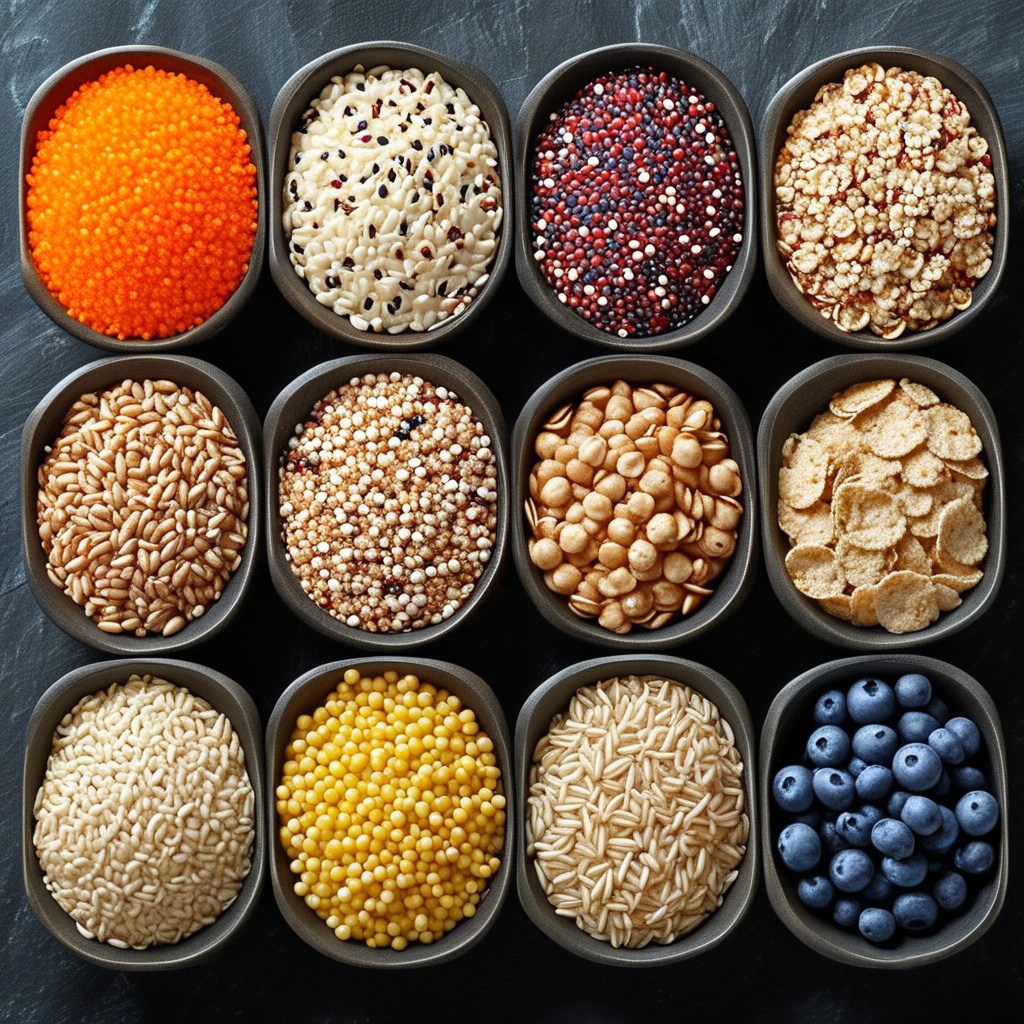
Whole grains like oats, quinoa, brown rice, and barley provide a steady supply of energy to the brain. They are high in fiber and essential nutrients and help maintain stable blood sugar levels, which is crucial for cognitive function and mental clarity.
Incorporating whole grains into your meals can be as simple as replacing refined grains with whole-grain options. For example, opt for whole-grain bread, brown rice, or quinoa as your base for meals.
10. Green Leafy Vegetables
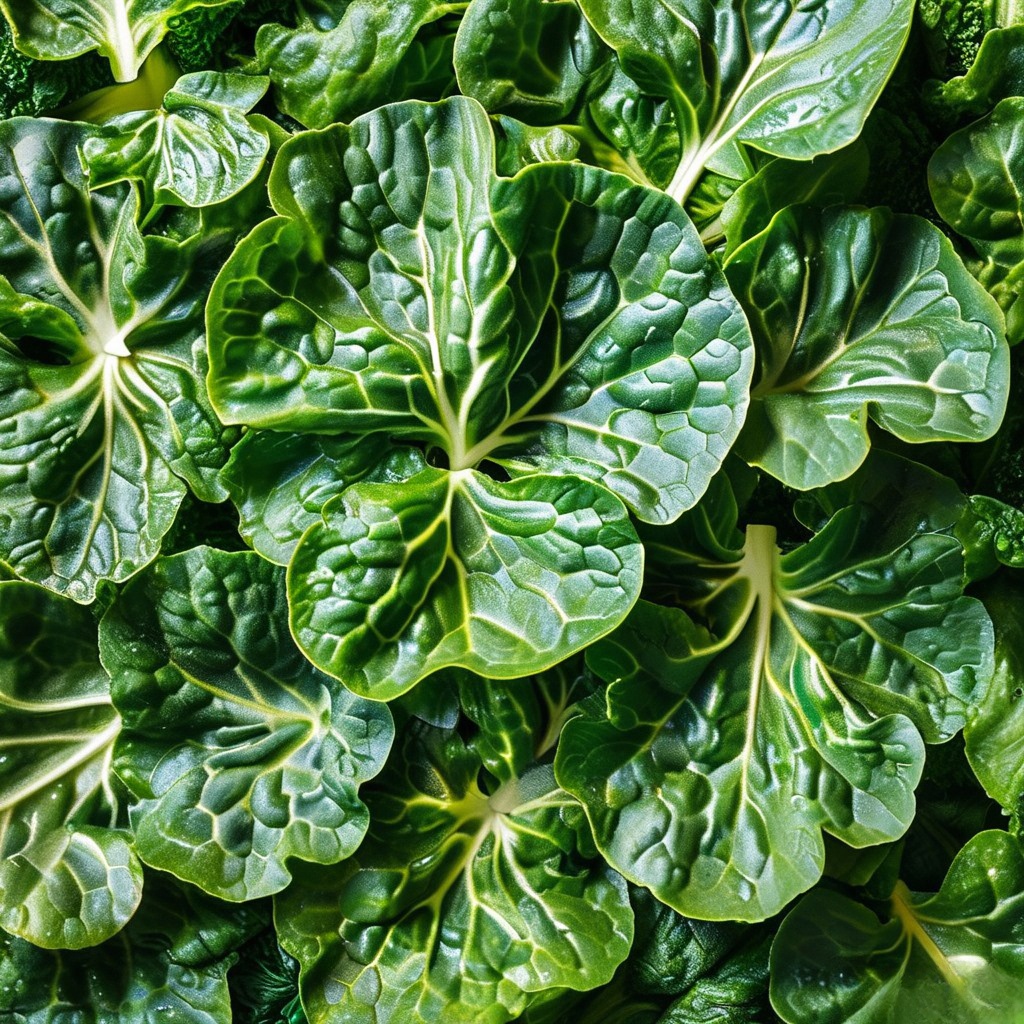
Leafy greens benefits, brain health foods
Leafy greens such as spinach, kale, and collard greens are rich in vitamins, minerals, and antioxidants that contribute to brain health. They are particularly high in vitamin K, lutein, folate, and beta carotene, all of which may support cognitive function and reduce the risk of cognitive decline.
To incorporate more leafy greens into your diet, consider:
- Adding spinach to smoothies or salads.
- Sautéing kale with garlic as a side dish.
- Mixing collard greens into stews or soups.
11. Fermented Foods

Fermented foods benefits, gut-brain connection
Fermented foods such as yogurt, kefir, sauerkraut, kimchi, and kombucha are rich in probiotics, which promote gut health. Recent research has unveiled the gut-brain connection, highlighting that a healthy gut can positively affect brain function and mood.
Incorporating fermented foods into your diet can support a healthy gut microbiome, which in turn may improve mental clarity and overall well-being. Enjoy probiotic-rich foods as snacks, toppings, or side dishes to benefit from their gut-friendly properties.
12. Avocados
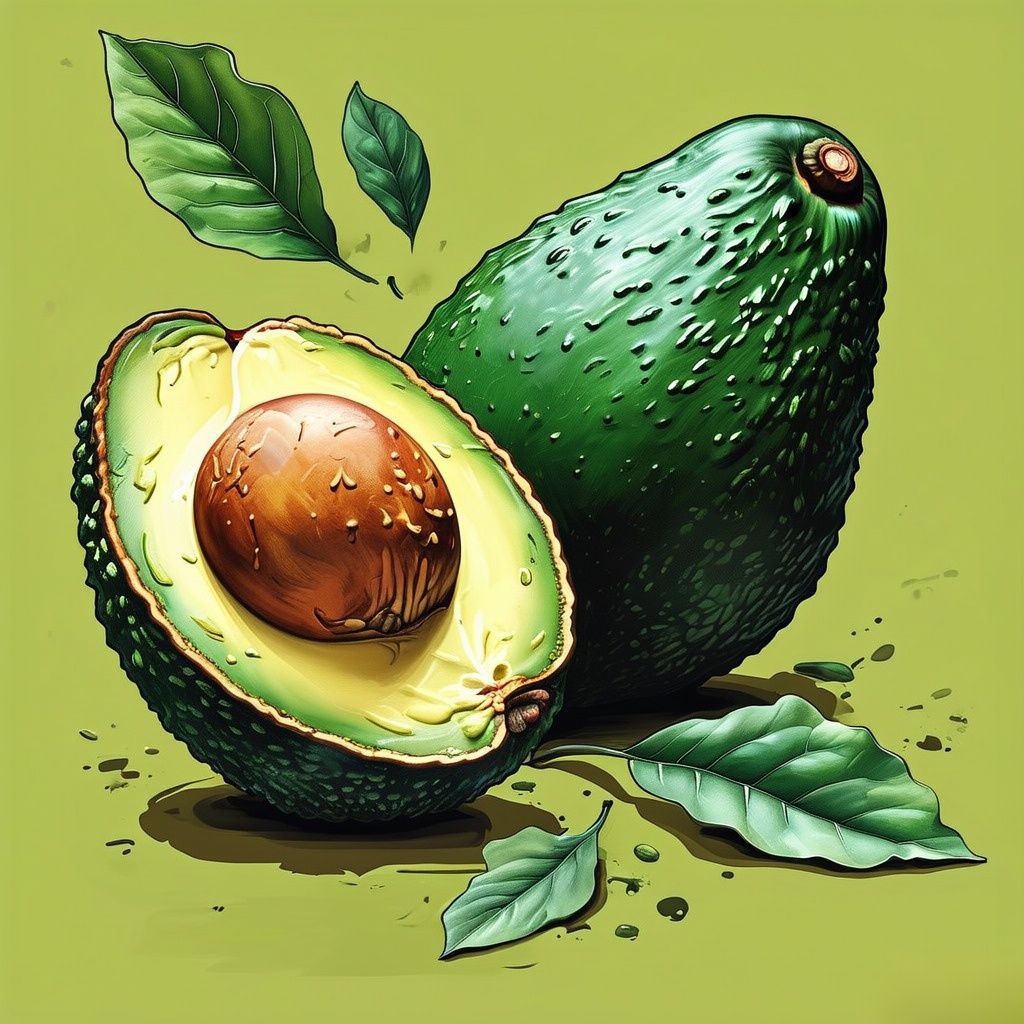
Avocado benefits, brain-boosting foods
Avocados are a fantastic source of healthy fats, particularly monounsaturated fats, which support healthy blood flow and oxygenation to the brain. They also contain vitamin K and folate, essential for enhancing cognitive function.
Enjoy avocados by adding them to salads, spreading them on whole-grain toast, or blending them into smoothies for creaminess and added nutrients.
Practical Tips for Promoting Brain Health
Tips for brain health, cognitive function strategies
- Stay Hydrated: Drinking enough water is essential for maintaining optimal cognitive function. Aim to drink at least eight 8-ounce glasses of water daily.
- Balance Your Diet: Aim for a balanced diet rich in whole foods, incorporating a variety of fruits, vegetables, whole grains, lean proteins, and healthy fats.
- Maintain Regular Meal Times: Eating at regular intervals helps sustain blood sugar levels and provides a consistent supply of nutrients to the brain.
- Limit Processed Foods: Minimize the consumption of processed and sugary foods, which can negatively impact brain health and lead to cognitive decline.
- Get Enough Sleep: Prioritize quality sleep, as it is crucial for memory consolidation, mood regulation, and overall cognitive health.
- Exercise Regularly: Physical activity increases blood flow to the brain and promotes the creation of new brain cells. Aim for at least 150 minutes of moderate-intensity aerobic activity each week.
- Stay Mentally Active: Engage in activities that challenge your brain, such as puzzles, reading, or learning a new skill. Keeping your mind active can help improve cognitive function and memory.
Conclusion
Incorporating brain-boosting foods into your diet can significantly enhance mental clarity and overall brain health. By choosing nutrient-dense options like fatty fish, leafy greens, nuts, and whole grains, you can support both cognitive function and emotional well-being.
Additionally, adopting a balanced lifestyle that includes hydration, regular exercise, and adequate sleep will further strengthen the connection between your diet and brain health.
As you explore these brain-friendly foods, remember that a consistent commitment to nourishing your body will yield the best results.
Call to Action
What are your favorite foods for boosting mental clarity? Share your tips, recipes, and experiences in the comments below! Let’s inspire each other to prioritize brain health and well-being.
By using relevant keywords, maintaining readability, and providing valuable content, this blog post meets SEO standards while offering comprehensive information on the best foods for mental clarity and brain health. Enjoy your journey to better cognitive function and overall wellness!
